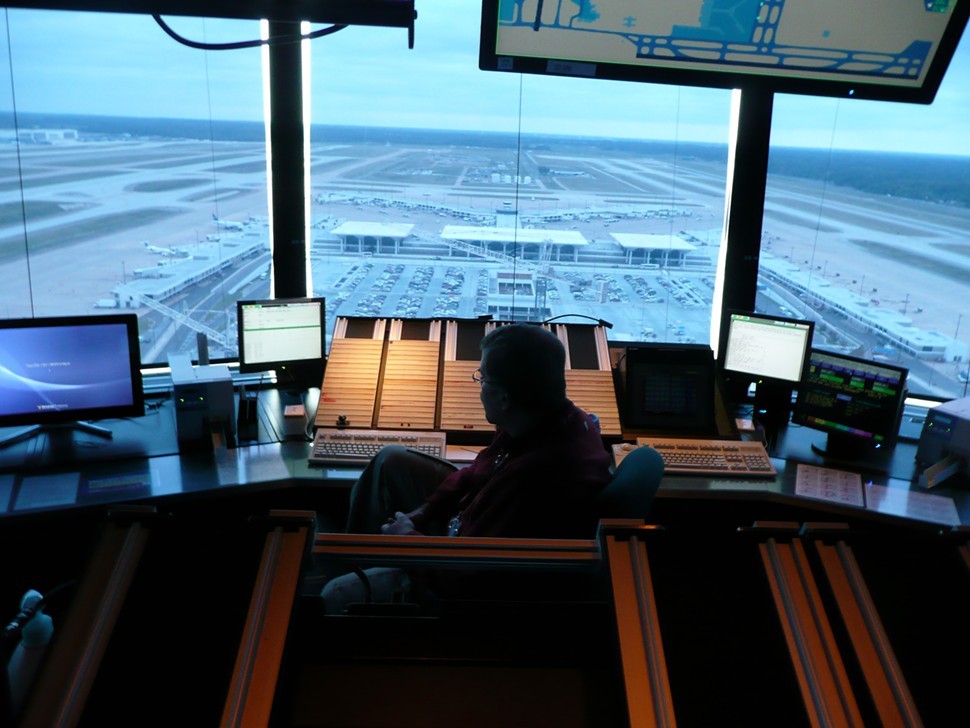If the presidency of the United States weren’t closed to captains of industry, the Republicans and Democrats would be calling upon the services of someone whose experience trumps all of the recent candidates, FedEx founder Fred Smith.
He has been speaking out quite a lot recently. There was a long interview in The Wall Street Journal last Saturday, a full-page Journal ad/manifesto on energy called “The Unshaken Pillar,” signed by Smith and three other CEOs, interviews with Charlie Rose and The New York Times and, locally, with Mike Fleming and MBQ magazine.
Along with some wishful thinking by various Republicans, this fueled speculation that Smith might be John McCain’s running mate or serve in his cabinet if McCain is elected. It reached the point that FedEx finally issued a formal statement that Smith is staying put and is not interested in public office.
He has his reasons. But you can’t blame people for trying.
The issues are jobs, energy, national security, America at war, the global economy, health care, taxes, and leadership. Recall, if you can, what McCain and Obama and Palin and Biden said in the debates. The presidency, we’ve heard, is about judgment, not experience. But judgment should be forged by experience. Whether you agree with him or not — and some people don’t, judging by the comments and blog posts on his most recent interview — Smith speaks from experience. When the campaign ends and the clean-up begins next year, his influence will be valuable to whichever party takes the White House and Congress.
Jobs? FedEx created 300,000 of them since 1973.
Energy? More planes and vehicles than most countries.
National security? Millions of sensitive shipments every day.
War? Smith served two tours in Vietnam with the Marines.
Global economy? FedEx has service to more than 200 countries.
Health care and benefits? See: Memphis Hub.
Taxes? Annual revenues of $38 billion.
Stock market slump? With 19.8 million shares of FedEx, Smith has lost, on paper, a cool billion since 2006, when the stock was at $115.
Political hardball? FedEx is among the annual leaders in PAC donations.
Joe Sixpack? The FedEx brand is on race cars in North Carolina, badminton players in Beijing, football in Washington, D.C., and basketball in Memphis.
Trial by fire? A platoon in Vietnam, airline deregulation, media adulation and criticism, corporate acquisitions, union votes, losing and replacing top talent, 9/11, dealing with every president since Jimmy Carter, and the logistics of overnight delivery in seriously bad weather, to name a few.
If this isn’t job training for the presidency, then what is?
Our choice next week is between a politician six years removed from the Illinois Senate and a 72-year-old senator whose running mate could not advance to the second round of Jeopardy. Maybe you think McCain is running eight years too late or Obama eight years too early, but with McCain/Palin, Obama/Biden, Kerry/Edwards, or Bush/Cheney, we’re not getting our best leaders on the ballot or on the field.
The indignities, privacy invasions, and duration of the campaign have limited the modern presidency to the most driven members of the political class. As a reporter, I sometimes thought it would be easier to pin Smith to a wrestling mat than to get him to pose for a photograph. After having his picture taken for MBQ, he asked that we consider not using it on the cover. Since its founding, FedEx, fully aware of the needs of the media to personalize complicated stories, has emphasized the team, not the top.
I once asked Smith if he could run General Motors. (He said yes.) This was after Michael Moore’s 1989 movie, Roger and Me, about GM CEO Roger Smith came out. The industrial titan was showing cracks, but it was still a titan. Now the question seems funny. I was looking backward, not forward. If GM is in a headline today it is probably next to the words “losses mount,” “job cuts,” “federal aid,” or “possible bankruptcy.” The market capitalization of FedEx is now five times as much as GM.
In the MBQ interview, Smith said globalization, contrary to political demagoguery, has been the main engine of economic growth in the U.S. for the past 25 years. “The problem,” he said, “is that the benefits of global trade are very diffused and the pain is very localized.”
Except in Memphis, where the benefits are very localized. When it comes to leadership, our gain is America’s loss.

